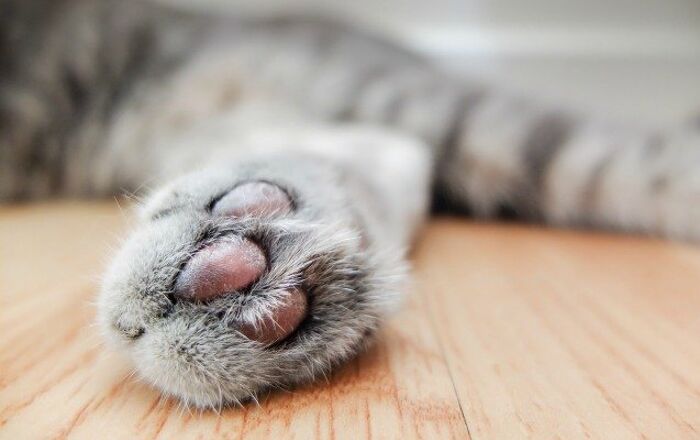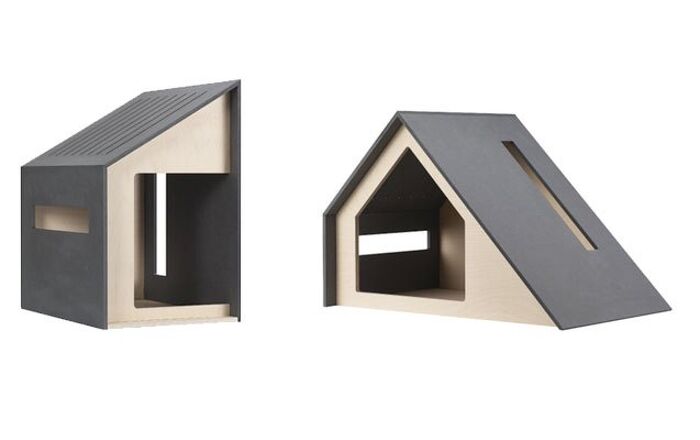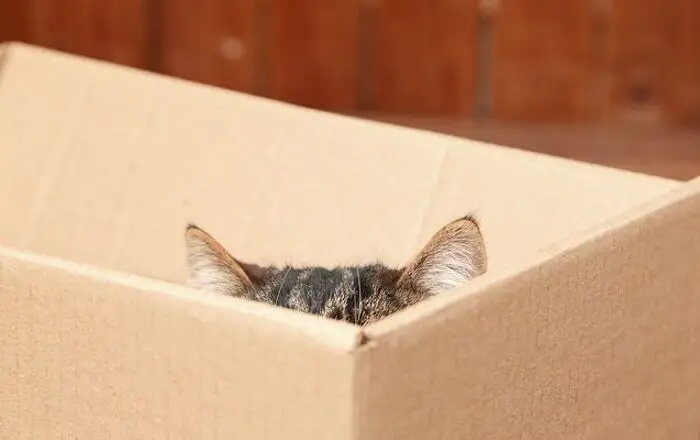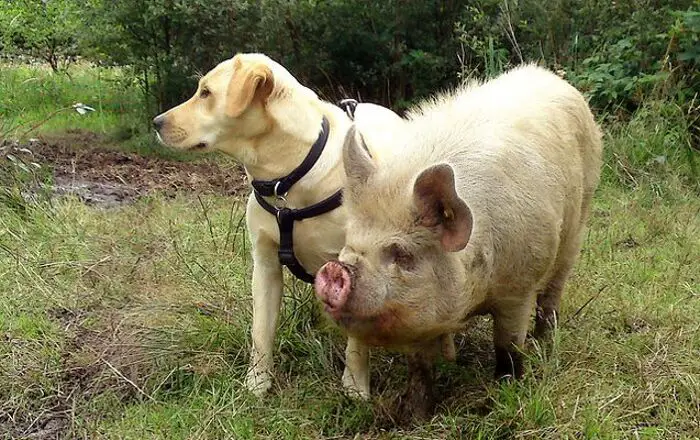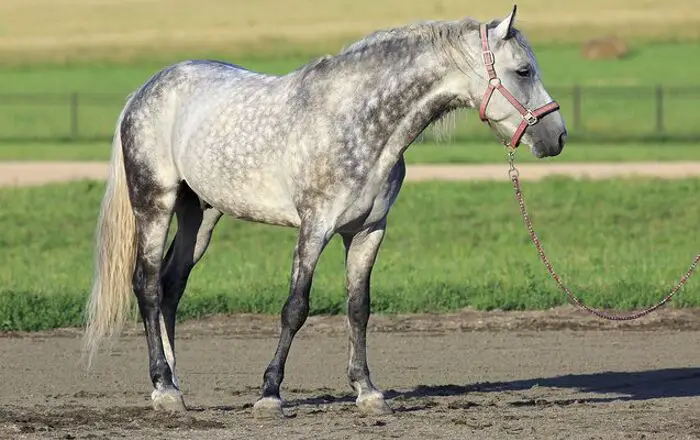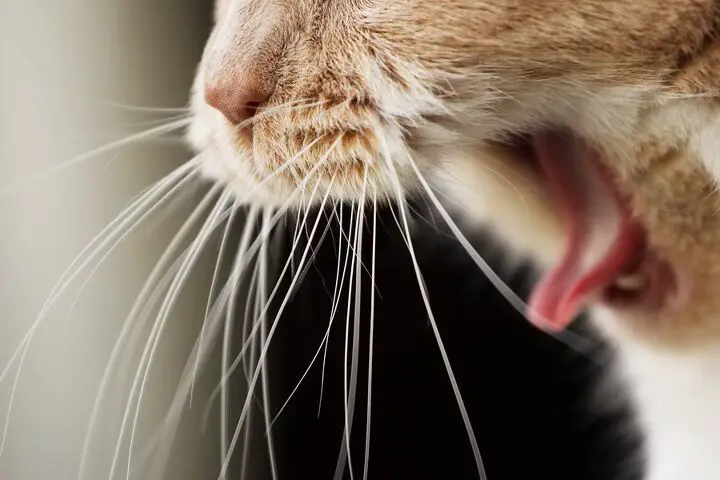
The sound, the aftermath, the cleanup – cat hairballs are not fun. To minimize the mess, we’ve put together a few cat hacks that’ll help.
When you have a cat, you should expect to encounter the occasional hairball. But what are cat hairballs anyway? And are there ways to prevent them? We’ve put together a few cat hacks that will help you understand why they happen and how to cut down on their frequency.
What Causes Hairballs in Cats?
Cats develop hairballs simply as a result of grooming. Every time that your cat grooms herself, her tongue catches loose hair that ends up being swallowed. Even though the majority of the fur will end up passing through your kitty’s digestive tract without causing any problems, some hair might end up staying inside her stomach, leading to the formation of a hairball.
As it starts to build up, a hairball forms in the stomach, and your kitty will end up vomiting in an effort to expel it from her body. And because the hairball moves through the esophagus on its way out, it will often end up looking like a long tube rather than an actual ball once it comes out.
Related:Fun Facts About Cat Hairballs
Cats that are More Likely to Have Hairballs
Long-haired felines, such as Maine Coons and Persians, are more likely to have hairballs.
Also, kitties who compulsively groom or who shed a lot are more likely to develop hairballs as a result of swallowing so much fur.
And because adult cats are better at grooming themselves than kittens that are still learning how to keep themselves clean, it’s likely that your cat will throw up a hairball when she’s older rather than when she’s quite young.
Related:When A Cat Hairball Is Normal And When It’s Not
Symptoms of Hairballs
Typically, a cat will hack, gag, and retch in an effort to expel a hairball. But if your cat is continually exhibiting these symptoms without vomiting up a hairball, contact your veterinarian.
Other symptoms that require veterinary attention include constipation, diarrhea, lethargy, and lack of appetite. These could indicate that a hairball is causing a potentially life-threatening blockage, so be sure to contact your vet.
Ultimately, it’s normal for cats to vomit a hairball occasionally. If vomiting, with or without fur, occurs frequently, contact your veterinarian, as there could be other health issues causing your cat’s symptoms.
Preventing Hairballs
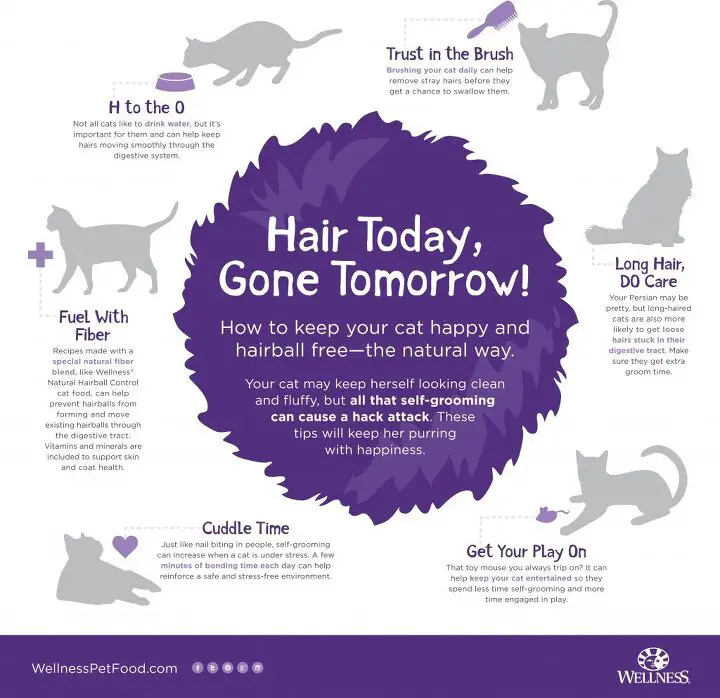
To help your kitty avoid the development of hairballs, try grooming her regularly to remove a lot of the excess hair that would otherwise be swallowed when she grooms herself.
Whether your cat is short-haired or long-haired, she’ll benefit from regular grooming sessions that will help keep her fur and skin healthy. Grooming also doubles as a wonderful bonding experience for you and your kitty.
Long-haired breeds may require more grooming than others. Some breeds may even need to be brushed daily to keep the fur free of mats and tangles and to prevent hairballs.
Treating Hairballs
To reduce the frequency of hairballs or to decrease the likelihood that your kitty will have to deal with hairballs, there are some treatments that you can provide, in addition to regularly brushing or combing your kitty’s fur.
A convenient option is a specialized cat food formulated to help prevent or reduce hairballs. These foods may contain higher amounts of fiber, and they may also be balanced to improve your kitty’s coat health and reduce shedding. Overall, their purpose is to help hairballs pass naturally through your cat’s digestive tract.
Some experts recommend switching your kitty to a grain-free diet or a hairball formula, which may be easier to digest and may be less likely to disrupt the balance of flora, as well as the motility, of the intestinal tract. As always, when it comes to diet, every cat is an individual, so whether you are considering a grain-free diet or a hairball formula, discuss your options with your vet who can steer you in the right direction.
Other hairball products will act as mild laxatives in order to assist in the passage of hairballs through your cat’s digestive system so they don’t end up causing problems. Although some remedies are petroleum-based in order to lubricate hairballs to get them to pass through the intestines, some vets don’t recommend these products. Always check the ingredients in any product you’re planning on using on your cat, and ask your vet before use if you’re at all concerned about its safety and efficacy.
Bear in mind that not all hairball remedies are effective for all cats, so it’s best to discuss your particular cat’s needs with your veterinarian.




